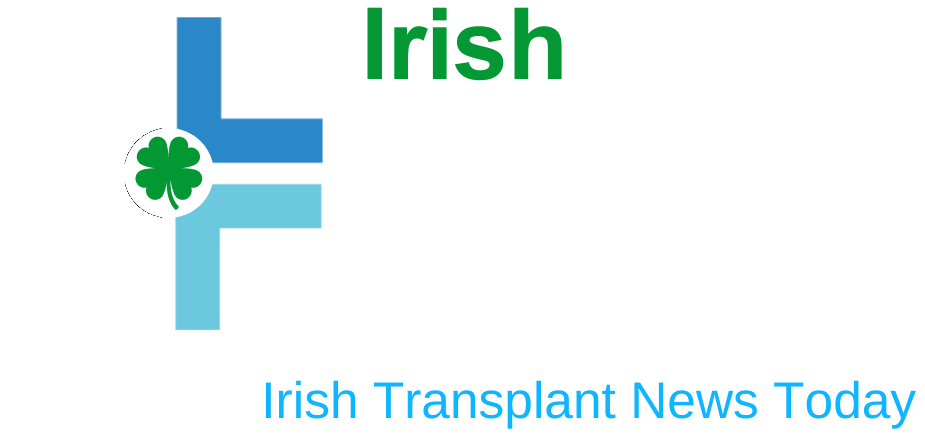Ireland's new “soft opt-out system” for organ donation under the Human Histology Act 2024 Part 2 will begin on Tuesday, June 17th.
“Under this new law, all adults in Ireland are deemed to have agreed to become organ donors when they die. National Organ Donation Opt-Out Register Or in one of the groups that were excluded,” the Irish Health Services Executive (HSE) said Tuesday.
This is usually referred to as the soft opt-out organ donation system.
Family members are always consulted before action is taken, and if they disagree, the donation will not progress, the HSE noted.
Those who don't want to donate organs for any reason recorded their opposition to new ones National Organ Donation Opt-Out RegisterRespect their wishes, their families will not approach the issue of organ donation.
HSE said the law also provides a framework for living donations, providing the first possible way to provide opportunities for those who want to donate their kidneys to people they donated to personally donate. This is known as an undirected altruistic donation. They donate organs for someone on the waiting list that needs it.
Ireland's organ donation laws have changed. If you are over the age of 18, you will be considered a potential organ donor unless you are part of an opt-out or excluded group.
If you don't want to be a donor, you can add a name to Opt Out and choose to Opt Out… pic.twitter.com/2hlglou5qn
– Hse Ireland (@hselive) June 17, 2025
“The opt-out organ donation system brings us in line with international best practices,” CCO Dr. Colm Henry said Tuesday.
“Organ transplantation is one of the great advancements in modern medicine. It offers a second chance in life for people with life-threatening illnesses and critical organ injuries.
“'Every year, more than 200 people in Ireland improve or save lives with the gift of organ donation.
“At any time, around 600 people in Ireland are on the waiting list for organ transplants.
“I encourage you to have a conversation with your family and near-kinds and let them know your wishes regarding organ donation.”
Commenting, Dr. Brian O'Brien, National Director of HSE Organ Donation Transplant Ireland, said, “Not every person who dies is a potential organ donor. Donors need to be in hospitals and life support aircraft. All organs need to go to those who need a transplant. There is consent at the heart of this change.
“When someone dies, their families must agree to donate their organs. They will be consulted at all times, so it's important to let your family and friends know about your decisions regarding organ donation.
“The law sets out who is considered a “designated family,” which is usually the family that is the main point of contact with the clinician in the treatment of the deceased. This is someone who has to agree to organ donation.
“If you don't agree or you cannot find a designated family, donations will not proceed.”
Ireland's Health Minister Jennifer Carroll McNeill, who announced the imminent launch of last month's law, said the change “respects the hopes of donors” and created a new pathway to saving lives.
“Initiating this part of this legislation, we are providing the first national legislative framework for donations and transplant services in Ireland,” Minister Carol McNeill said.
“This is an important moment for Ireland's healthcare, and it is based on that respecting the hopes of potential donors. Families are always consulted before taking action.”
Opt out
The soft opt-out system applies to adults aged 18 and over and covers five “related organs” of five “lives, lungs, pancreas, heart and kidneys.
Individuals who do not want to become organ donors must register their decisions in the HSE's opt-out register. If listed, no family requests will be made at the time of death.
This legislative change comes during Organ Donor Awareness Week and is linked to this year's theme. There is no doubt about your loved one.
Minister Carol McNeill urged people to have a conversation with their families.
“Your decisions can make life-changing differences for others.”
“Historical moments“
Orla Tinsley, an activist and cystic fibrosis advocate who received a double lung transplant in 2017, welcomed the change in the interview. RTéNews.
“This is a historic moment. We've been waiting for years for this kind of law to arrive in Ireland,” Tinsley said.
“It gives new opportunities people like me, people who were once on the edge of life.”
Tinsley emphasized the importance of family communication. “Even if there is an opt-out system, the family will be consulted, letting you know your wishes, and we will talk about it.
Cystic fibrosis advocates for Aura Tinsley.
The gradual development of human organizational law ultimately covers additional areas such as post-mortem procedures, anatomical examinations, and public labeling of the organization. For now, it focuses on improving organ availability, supporting consent as the cornerstone of practice.
Visit to register for more information or decision gov.ie/organdonation.


